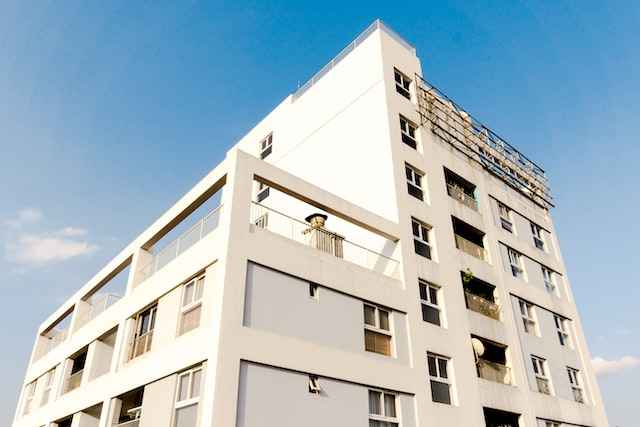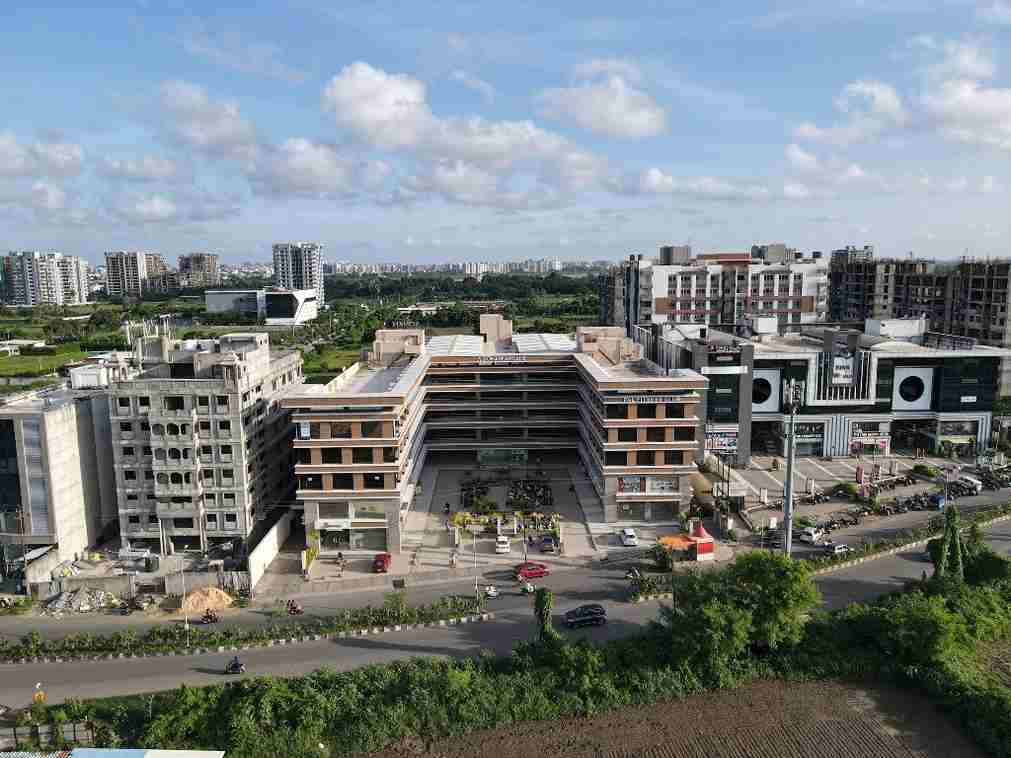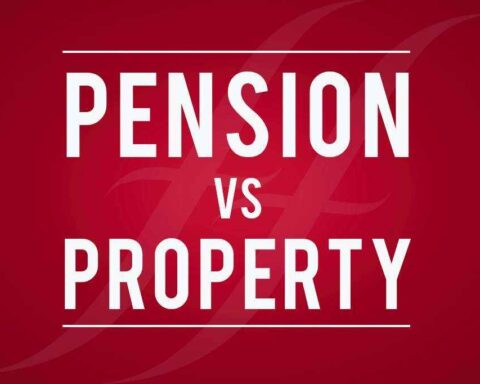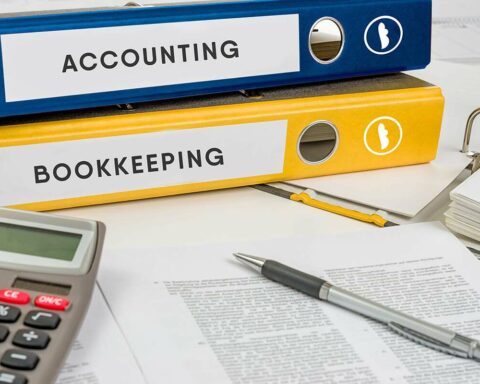Investing in commercial property can be a smart way of diversifying risk in your property portfolio. Because, the property is not generally correlated with other asset classes such as bonds and gilts, equities, and cash.
This allows commercial property values to move independently of other asset classes and not be affected by what’s going on in the stock markets.
There you have two choices from which you can earn money from a commercial property investment. These are income from renting to tenants and capital growth from an increase in the value of a property.
However, there are advantages and pitfalls of investing in commercial property. Here, we evaluate the disadvantages of investing in commercial property to help you make the right decision.
What is commercial property?
Commercial property can refer to:
- Office buildings
- Retail buildings
- Industrial buildings
- Apartment buildings
- Warehouses
- “mixed-used buildings“: this type of property can be used for a combination such as retail, apartment, and offices.
The downsides of investing in commercial property:
Besides so many positive reasons to invest in commercial property, there are also some negative issues to consider:
1. Time commitment:
If you own a commercial property with five tenants, or with a few, you need to do more than you do in managing the residential investment. You will not be able to maximize your investment and you can’t be an absentee.
With commercial, you will need to deal with multiple leases, annual CAM adjustments, more maintenance issues, and public safety concerns.
In this type of investment, you need to do more to manage; and just like your tenants have to worry about the public eye, you need to do as well.
2. Professional help required:
If you are going to do it yourself, then you need to be licensed if you are going to handle the maintenance issues at a commercial property. You might be not prepared to do the maintenance issues yourself, you might need to hire someone who will help in emergencies and repairs.
This will lead to a huge expense for proper care of the property. You must remember the fact, you need to calculate property management expenses while evaluating the price to pay for a commercial investment property.
Property management companies can charge 5-10% of rent revenues for their services. That includes lease administration. You should evaluate beforehand if you want to manage leasing and the relationships yourselves or to outsource those responsibilities.

3. Bigger Initial Investment:
If you want to acquire a commercial property, initially it will require more capital upfront than acquiring a residential apartment in the same area. So, sometimes it becomes more difficult to enter this path. Once you acquire a commercial property, you can expect a large capital expenditure to follow.
This expenditure may include roof repair, floor repairing, furnishing the apartment, etc. With more customers, there are more facilities to main and so it will cost more. Can you expect that the gains in revenue outweigh the gains in cost?
4. Financial risks:
When the financial crisis hit and property value plummeted, many proper investors found that they could not take their money out. Because property funds have a clause that allows property investors to shut off payments to the investors who want to take out their funds if there are any exceptional circumstances.
The clause signifies that property funds can suspend trading for a recurring 28 days period, while they try to grow enough cash by selling their properties to meet redemptions.
5. Economic condition and infrastructure changes:
Commercial properties are more susceptible to an economic shock. Demand for business goods and services fluctuates over time based on the strength of the economy. During an economic downturn, the demand for the premises of commercial properties downturns, but people always need a place to live.
In addition, as the pool of tenants is smaller new properties coming into the market in the same area can reduce the demand for your commercial property. Even the existing tenants looking to upgrade or expand.
6. More Risks:
The properties that are intended for commercial use have more public visitors and therefore there are more people on the property each day that can get damaged or hurt your property. Cars may hit patrons in parking lots.
People can slip down on the ice during winter, vandals can spray paint the sides of the building; such incidents can occur anywhere. But chances of happening these such experiences going up while investing in commercial properties.
If you are risk-averse, then you might want to look more closely at putting your money on residential property.
FAQ-
What type of commercial property is most profitable?
Ans: properties that are capable of gaining the highest returns on investments are typically those with the largest number of tenants. Rentals are great real estate investment properties because of their regular occupancy and profitability. These commercial real estate properties include student housing, office space, multifamily project, self-storage facilities, and mixed-use buildings.
What are the benefits of owning commercial property?
Ans: Some of the benefits of owning commercial property are:
- Your property is likely to increase over time so you can make a profit.
- You can rent the property to the tenants.
- You can draw upon the equity as collateral if you need finance for your business.
- Tax benefit
Where is the best place to buy commercial property in the UK?
Ans: 5 places to buy commercial property in the UK are: Manchester, Nottingham, Liverpool, Edinburg, and Birmingham. But, with its outstanding transportation links, progressive infrastructure, and affordable cost of living; investors are opting for the city for more commercial property hubs such as London.
Conclusion:
So, if you weighed the disadvantages of investing in commercial property and decided to take the plunge and invest in commercial real estate. As with any investment, it is important to get your due diligence right and also purchase the right property from the get-go.
Before considering purchasing any commercial property, you can look for these factors: the population growth of that area, car parking, councils that have potential expenditures to improve the infrastructure, and proximity to shops/ supermarkets.








